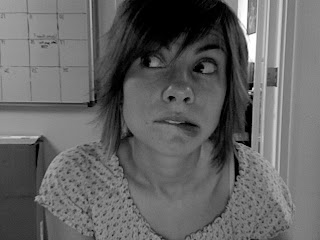
Title: Kim
Author: Rudyard Kipling
Judgin' the Book By Its Cover: It's interesting how many editions of this book have elephants on the cover, considering their absence from the story. I wonder what Edward Said would have to say about that.
Thoughts: Kim, simply put, is the story of a young orphan in India and his journey to manhood. He is the son of an Irish soldier, and upon the death of his parents, is raised by a native woman and receives his education from the streets of Lahore and the people who populate the city. Like Augie March, Kim is frequently "adopted" by adults who are fascinated by him and want to mold his young life. Throughout the course of the book, he is embroiled in espionage for the Queen's secret service by a British captain and a Muslim horse trader, he is pulled from the streets and given an elite English education by a Catholic priest, and he becomes a "chela", or disciple, to a Tibetan lama. As his involvement with the "Great Game", or espionage project, deepens, he is torn between carrying out his mission and accompanying his beloved lama on his search for a river which will cleanse him of sins and elevate him to true enlightenment. These two things converge on a trek to northern India, a trip that makes Kim a man and helps him to choose his true allegiance.
The book isn't the most gripping of tales, and the prose is rather tedious-- there's an attempt made to translate the vernacular speech into English, which for some reason leaves the dialogue stilted and chock-full of "thees" and "thous". Moreover, the character of Kim isn't very easy to relate to or believe-- in some ways he's sort of a stand-in for the intersection of Indian and British culture, which makes him seem a bit precocious. Of course, as with anything written during the height of British colonialism, there are some problematic areas in the text-- many generalizations are made about "Orientals" and "Asiatics" in the book, and white men are possibly given a privileged status (although it's difficult to ascertain Kipling's true feelings about race and imperialism). But what Kipling really accomplishes in Kim is to paint a picture of the incredible diversity of India-- the many languages, peoples, religions, and colorful characters that coexist and cohere to form the country. It's very interesting to read about the characters' interactions with each other-- they're all so different and have differing motivations and mores, but yet they somehow manage to work and live together. So that's pretty cool.





























